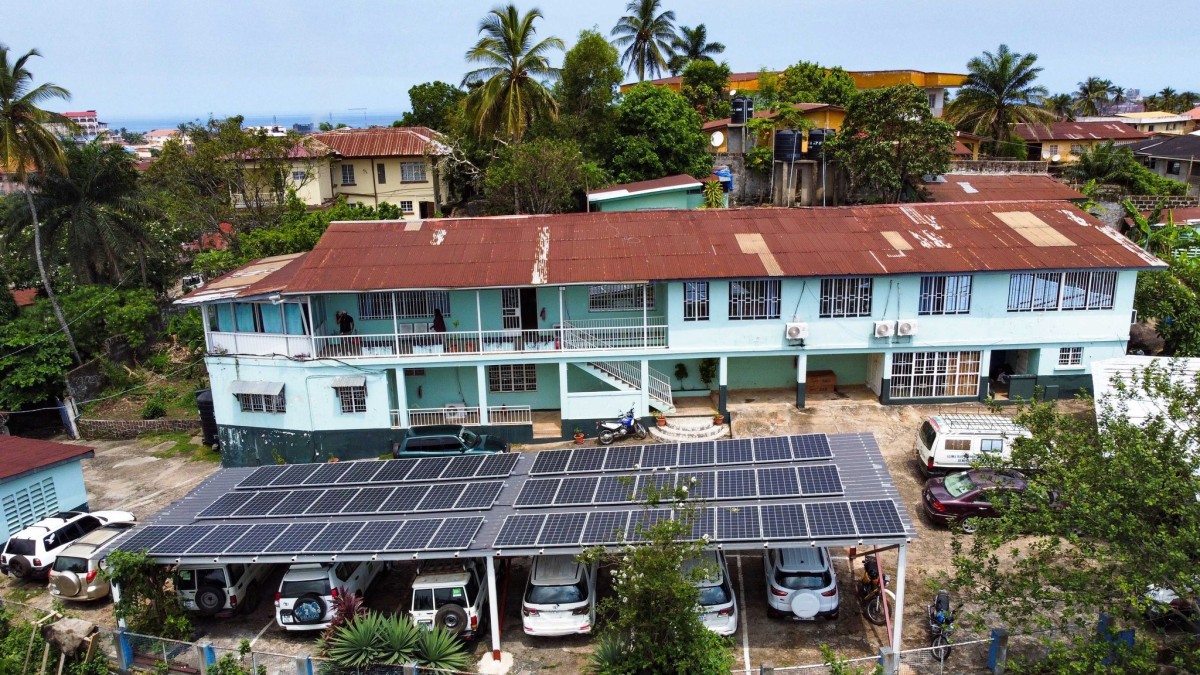In a breakthrough for green energy at India’s frontiers, a remote village on the Line of Control in Kashmir’s Karnah Valley has become a model for decentralised, sustainable electrification.
Simari village, which has 53 homes and a population of 347, used to rely heavily on firewood and kerosene, but chronic power shortages affected health, education, and livelihoods.
It has been learnt that through a joint initiative between the Indian Army and Aseem Foundation, the hamlet is now completely electrified with solar energy. Each household also has an LPG connection.
Together, these two developments have made for a long stride toward energy equity and climate resilience in a conflict-prone region.
How did this change come about?
Under the Indian Army’s Operation Sadbhavana, a micro-grid-based solar power system was installed in four clusters, each outfitted with panels, inverters, and batteries. Every household received LED lighting, charging points, and safety limiters— bringing predictable, sustainable energy to one of India’s most isolated settlements.
Complementing the electricity upgrade, an LPG distribution program equipped every home with double-burner gas stoves, regulators, and safety gear. The switch from biomass to clean cooking has reduced indoor air pollution, improved health, and reduced the environmental degradation caused by firewood harvesting.
Engineers from Aseem Foundation trained local residents in maintenance and safety, ensuring that the systems aren’t dependent on external technicians for long-term functionality.
The Chinar Corps was responsible for planning, logistics, and installation phases.
Symbolic significance
In addition to the pragmatic aspect, the project’s symbolism also runs deep.
Simari, one-half of which lies in Pakistan-occupied Kashmir (PoK), is Polling Booth Number One in the nation and often the first to vote in general elections.
That it now stands as a beacon of sustainable innovation and inclusive governance, just a stone’s throw from the Line of Control, speaks to what is possible when civil society and military institutions collaborate.
Impact Shorts
More ShortsThere is one more facet to this. The initiative is has been dedicated to the memory of Shaurya Chakra recipient Colonel Santosh Mahadik, who was killed in the line of duty while combating terrorists in Kashmir in 2015.
Col Mahadik’s mother is set to jointly dedicate and operationalise the solar electricity system along with the Commander Tangdhar Brigade and Deputy Commissioner of Kupwara on April 14.
Shreya Mundhra is a journalist with Firstost specialising in global economy, foreign affairs, defence and conflict coverage. She can be reached via email at shreya.mundhra@nw18.com
)